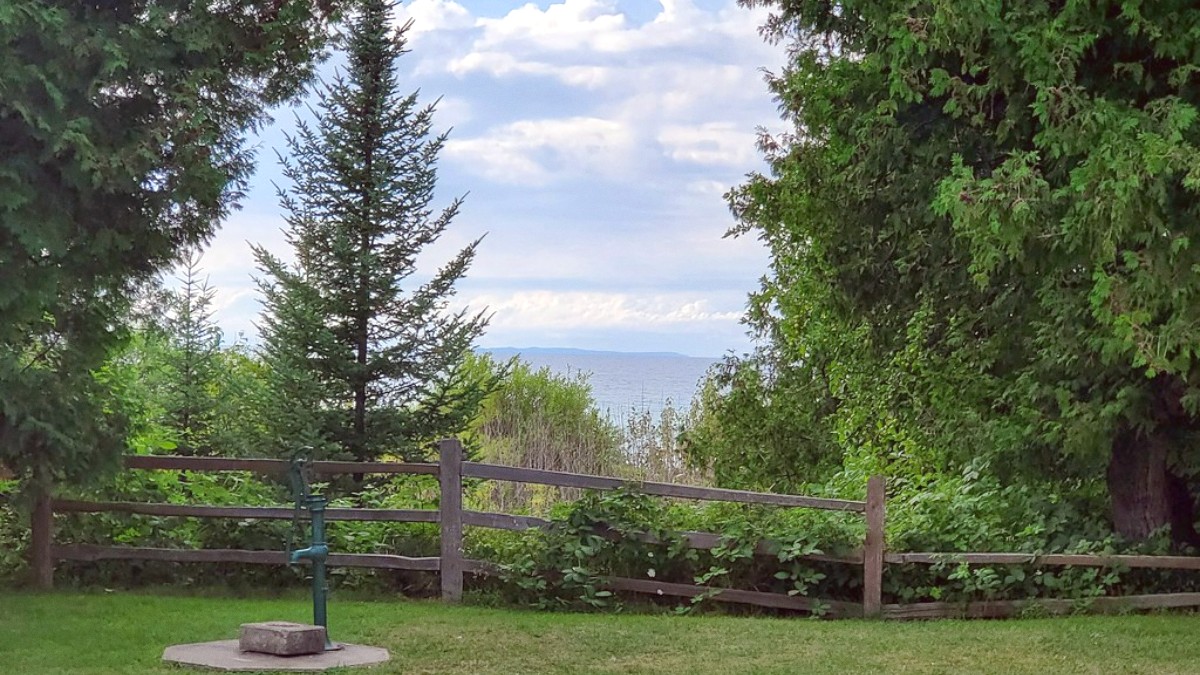
Michigan, USA
Federally protected area preserving dune ecosystem and Lake Michigan coastline.
Numerous state parks and forests serve as protected areas throughout the region.
Local groups work to protect natural spaces and farmland.
Your choices contribute to preserving the natural environment of Traverse City.
Recycling services exist, but consistency varies. Practice the 3 Rs.
Michigan has abundant fresh water, but mindful use is always good practice.
Consider balancing your carbon footprint from flights and car travel.
Seek out properties that prioritize sustainable practices.
Support operators committed to responsible tourism.
Discover ethical travel experiencesMaking environmentally aware choices preserves the beautiful natural environment for future generations.
Mindful interactions contribute to a positive experience for both visitors and locals.
Efforts focus on preserving historical landmarks and agricultural traditions.
Engage with locals and seek to understand their community.
Your travel choices have a direct positive influence on the local economy.
Dine at local restaurants and visit area breweries and wineries.
Choose independent shops over large chains to benefit the community directly.
Purchase fresh produce and artisan crafts, supporting local growers.
Consider supporting groups focused on preserving local natural spaces.
Donations to local food banks address food insecurity in the community.
Support various local charities that address community needs and initiatives.
Support businesses invested in long-term, sustainable development.
Positive interactions foster mutual understanding and appreciation.